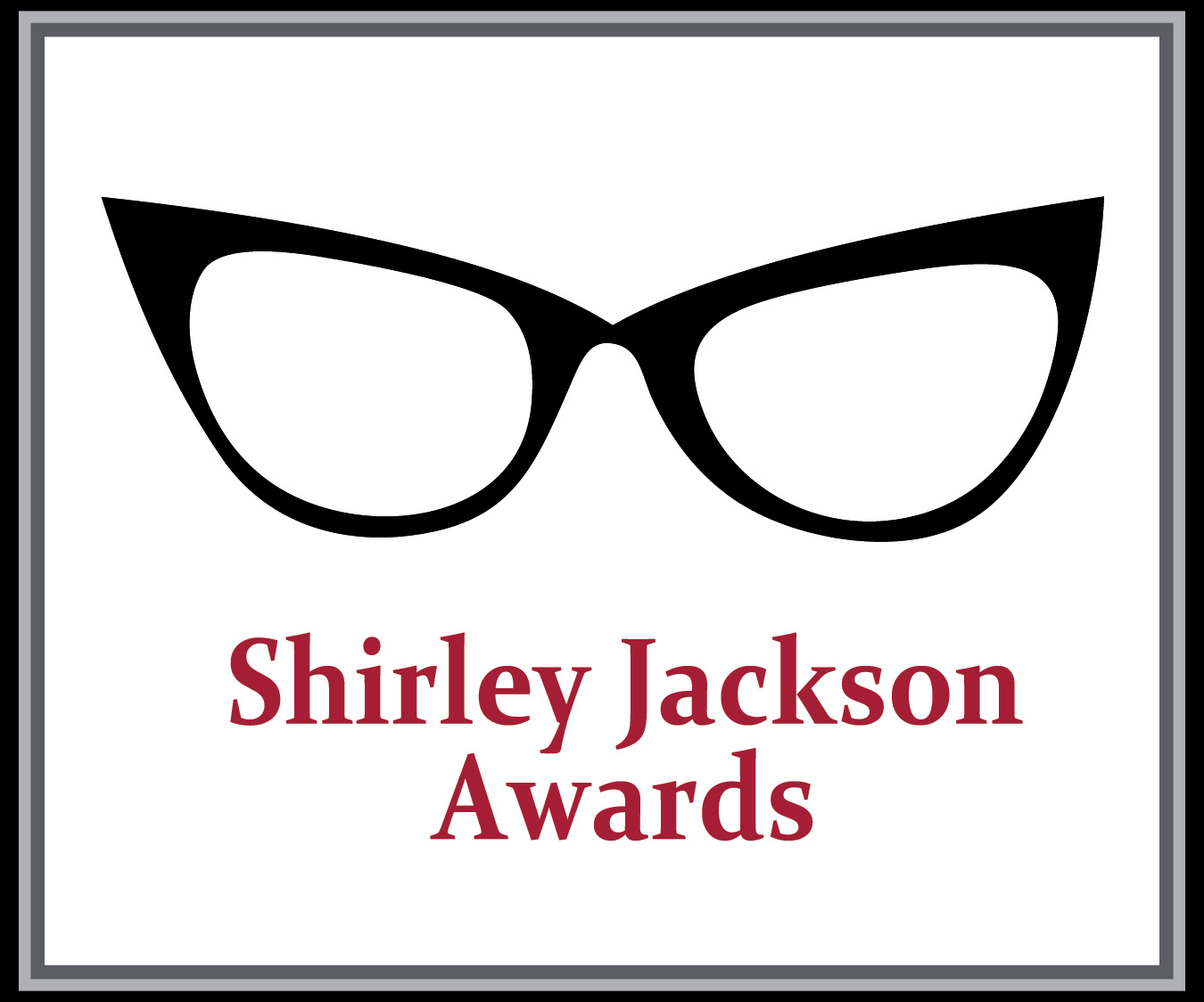Richard Butner
What was the inspiration for Holderhaven? (The title, the setting, etc.)
I wanted to write more architectural fiction. A few years ago I wrote a haunted modernist house story (“House of the Future”) and then I started thinking about a secret passage story. Why was that secret passage there? What baggage did the passage carry? The inspiration for the house itself is the Reynolda House in Winston-Salem, my hometown. It was the country house of the tobacco magnate, R.J. Reynolds, even though he only lived there for a short time. Much of the planning of the estate was done by Katharine Reynolds. I want to make it extremely clear that none of the grisly events that I hint at in my story happened in the Reynolda House. (Although Smith Reynolds died there under mysterious circumstances.) Nor, as far as I know, is there a secret passage in the Reynolda House. There is a bowling alley, though, and a fabulous bar, and I was happy to steal those. I was also thinking of even bigger places like Biltmore House. The names of these houses always incorporate the family name in some way, so that’s how I got “Holderhaven.” And now many of these houses are preserved and curated tourist attractions.
I also wanted to see how much about race and gender and class I could talk about in the story, and to explore my own love/hate relationship with the trapped-in-time country houses of Gilded Age magnates. Folks trundle through places like Biltmore now, and everyone imagines what it must’ve been like to be a Vanderbilt, but not everyone ponders what it must’ve been like to be one of the servants.
What were the challenges in writing the piece?
I knew that I wanted to skip around in time, and at first I was unsure how to handle that. I realized a direct approach was the best way–just tell the reader, at the beginning of a section, what year it is. So you get all these little pieces of history related to the house, and you can fit them together however you want. The story crosses generations, and surely there are some other people in this fictional town who actually know the whole score, but I didn’t concern myself with them much because they weren’t likely to talk. They were exactly the type who would want to erase anything with a whiff of scandal. But the funny thing about the extremely rich is, at some point they think they’re immune to scandal. They think they can’t be touched by it, even if they’re trying to hide it in plain sight.
It’s also a detective story, so I wanted to give Rudy some actual detecting to do, even though anyone who has ever read Raymond Chandler knows that the mystery is never really solved, ever, and the detective is always looking for himself. But I wanted to use details to imply the story. I don’t want to write stories that can’t breathe, where every detail is explained to death.
What’s the appeal of the novelette format for you?
Honestly, I had no idea that this was a novelette until the award nomination, when I ran a word count. Certainly, not as many short fiction markets want a novelette-length piece. I am usually a pretty terse kind of guy, as this interview reveals. The appeal is that I have room to touch on the things I mentioned earlier: race and gender and class. And I can do it through multiple characters, but I still have to do it very economically. Rudy is the main character but this story is not just about him. The armature of the story is there, but I can hang things off of it that are related in non-obvious ways. I don’t have to observe Aristotelian unities as much. Not that I observe them much anyway.
Please help support the Shirley Jackson Awards. Click here for details.
